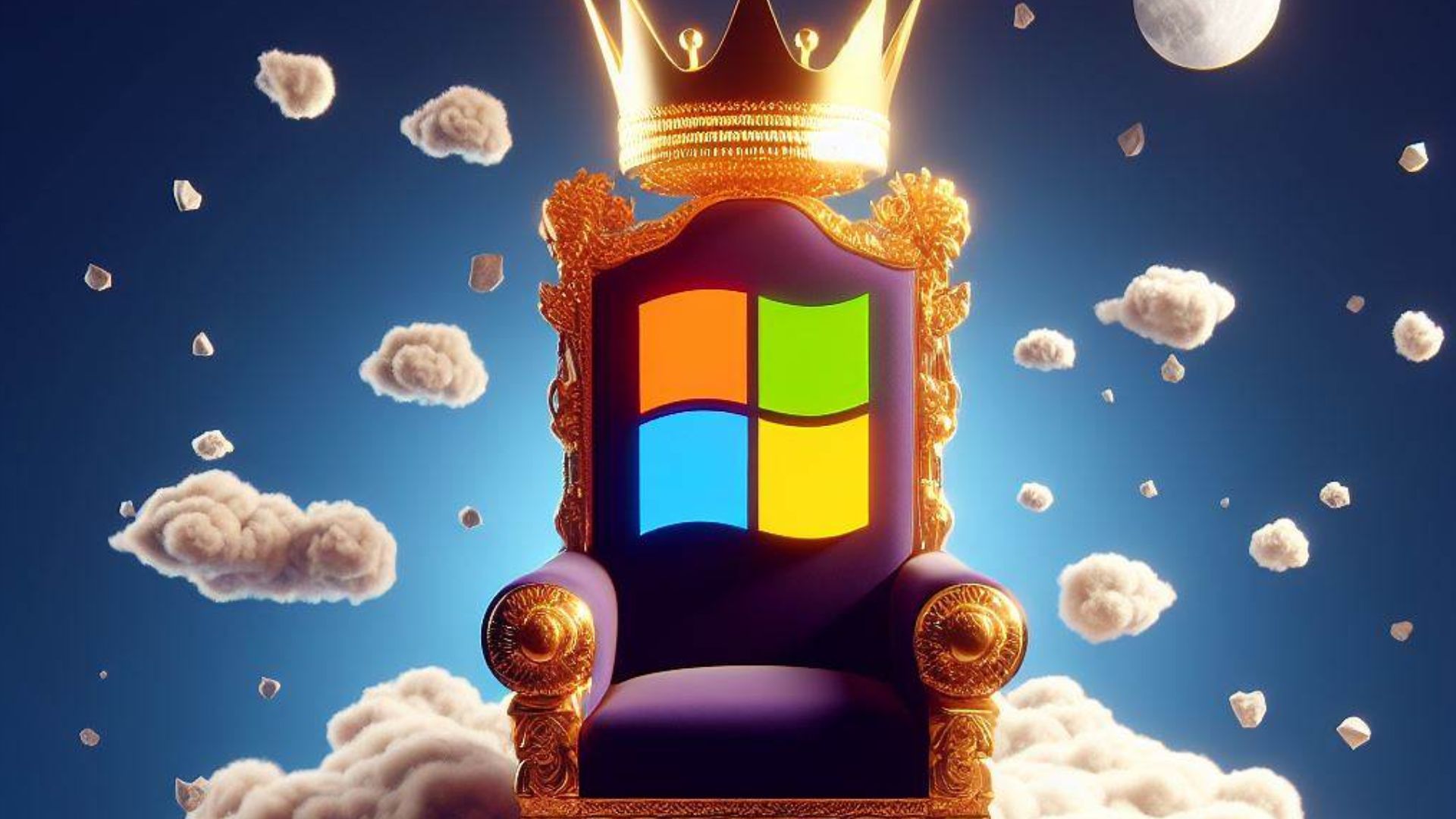Ex-Microsoft HR VP reveals why most executives don't take pay cuts to prevent massive layoffs
Here's why pay cuts for top executives at Microsoft won't stop massive layoffs from happening.

What you need to know
- Massive layoffs have hit the tech and gaming industries by storm.
- Microsoft has been greatly impacted having cut over 10,000 jobs with the latest round of layoffs impacting its gaming division.
- People argue that making pay cuts for top executives at the firm could salvage the situation.
- A former VP of HR at the firm recently disclosed that pay cuts won't be enough to stop the massive layoffs.
The tech and gaming industries have been hit hard by massive layoffs, especially during and after the COVID-19 pandemic. At the beginning of 2023, Microsoft CEO Satya Nadella confirmed that the company would cut 10,000 jobs by the end of FY23 Q3, with the most recent round of layoffs affecting its gaming department. 1900 people lost their jobs across Activision Blizzard, Xbox Game Studios, and ZeniMax Media.
Several reasons can be attributed to the massive layoffs impacting most tech firms at the moment, with tough economic times being at the top of the list. Interestingly, Microsoft is seemingly on the verge of becoming the world's most valuable company after recently becoming the second company to hit the $3 trillion market cap. Apple has held this position for the longest time due to the high demand for iPhones across the globe. However, this is no longer the case as iPhone 15 sales didn't perform as well as initially expected, especially in China.
The solution to the massive layoffs impacting tech firms is complicated at best
Some people might argue that top executives should consider taking pay cuts to save some of these jobs. But as it turns out, it's not that simple. Chris Williams, an executive-level advisor and consultant, who previously served as Microsoft's VP of the Human Resource department, told Business Insider that making pay cuts for top executives wouldn't be significant enough to salvage the situation.
Putting this into perspective, Microsoft incurs up to a billion dollars in costs for 10,000 employees. This essentially means that the company gets to save the same amount after laying off 10,000 employees from its workforce.
Last year's regulatory filing disclosed that Microsoft's CEO, Satya Nadella compensation was $48,512,537 down from 2022's $54,946,310 compensation. If Satya were to take a pay cut, Microsoft would only be able to save 0.2% out of the expected billion dollars.
According to a leaked Microsoft payment guideline, the highest-ranking employee pockets a base pay ranging from $231,700 to $361,500, a hiring bonus of up to $1.2 million, and $1 million in annual stock awards. Whereas, the lowest-ranking employee takes home a $42,500 salary with no extra compensation. It is from this premise that top executives at the firm argue and conclude that pay cuts aren't a plausible solution for the massive layoffs.
Compensation plus stock grants
As highlighted above, Microsoft's Satya Nadella was compensated $48,512,537 last year. But this is misconstrued to be what the company pays its CEO. According to Chris Williams, this is usually a combination of the agreed salary range and stock grants.
All the latest news, reviews, and guides for Windows and Xbox diehards.
This is why we often witness irregular fluctuations and a decline in the yearly compensation for top executives at some of these firms. If we go by this premise, Microsoft's CEO is likely to laugh to the back this year owing to the firm's early lead and investment in AI bundled up together with its extended partnership with OpenAI. 13 market analysts unanimously voted that Microsoft will be the world's most valuable company in the next five years ahead of Apple. We're likely to see more investors gravitate towards Microsoft, owing to its incredible performance in the stock market since the year began.
RELATED: Microsoft's financial results for FY24 Q2
It's worth noting that stock grants don't cost the company any money, thus making the approach easier to manage. This way, if the company's value increases so does its stock price in the market. Ultimately, this makes the company more valuable and has a positive impact on the CEO's compensation package.
Top players get top dollar
As a general rule of thumb, it only makes sense that the company CEO gets the best compensation. Also, considering the compensation a company like Microsoft holds in the world right now, the worst decision its board of directors could ever make would be to adjust the CEO's compensation package.
Finding someone with a good work ethic, impeccable leadership skills, and more is no easy feat. Not to mention that the competition is always lurking to get the top performers at a company.
Still, the situation remains highly concerning, and my heart goes out to everyone impacted.

Kevin Okemwa is a seasoned tech journalist based in Nairobi, Kenya with lots of experience covering the latest trends and developments in the industry at Windows Central. With a passion for innovation and a keen eye for detail, he has written for leading publications such as OnMSFT, MakeUseOf, and Windows Report, providing insightful analysis and breaking news on everything revolving around the Microsoft ecosystem. While AFK and not busy following the ever-emerging trends in tech, you can find him exploring the world or listening to music.



